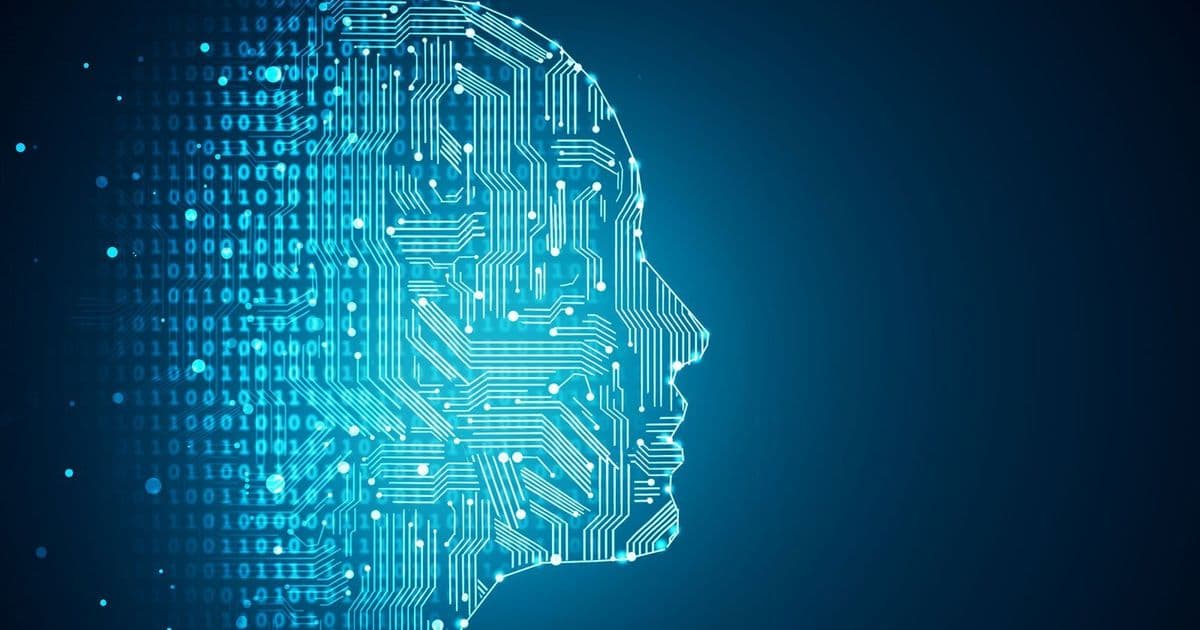OpenAI, Anthropic, and Google are racing to deploy advanced AI tutoring tools that promise personalized, interactive learning experiences. These initiatives—Study Together, Study Projects, and Guided Learning—could disrupt online education markets by offering scalable alternatives to traditional instruction. The move signals generative AI's evolution from assistant to active educator with profound implications for edtech.
AI Titans Target Education: How OpenAI, Anthropic, and Google Are Reshaping Learning
The generative AI revolution is now zeroing in on academia. As first reported by BleepingComputer, OpenAI, Anthropic, and Google are developing sophisticated educational tools that could fundamentally alter how students learn—and potentially disrupt the $300B+ online education market. These aren't mere chatbots: they're structured learning companions designed to teach, quiz, and adapt to individual needs.
The Contenders' Classroom Playbooks
OpenAI's Study Together: Leaked details reveal ChatGPT will soon offer interactive learning sessions where it actively teaches concepts across disciplines, followed by quizzes. The goal? To simulate a collaborative "study buddy" that invests effort into comprehension rather than dispensing answers.
Anthropic's Study Projects: Claude's upcoming feature focuses on visualizing complex concepts, building study guides, and tutoring based on adjustable learning parameters. As Anthropic describes it: "Claude helps visualize key concepts and tutor you according to your learning needs"—positioning the AI as a dynamic guide.
Google's Guided Learning for Gemini: Following its decision to offer Gemini Pro free to students, Google is testing a similar process-oriented approach where Gemini structures learning journeys instead of providing direct solutions.
Why This Changes the Game
These tools represent a strategic pivot from information retrieval to structured pedagogy. Unlike static online courses, they offer:
- Personalization at scale: Adapting explanations to individual learning styles
- Active engagement: Quizzes and visualizations reinforce retention
- Accessibility: Free or low-cost alternatives to expensive tutoring
For developers, the underlying tech is equally significant. These systems require advanced reasoning pipelines that can decompose subjects into teachable components—a leap beyond today's retrieval-augmented generation. The race also highlights fierce competition for the education vertical, with each company leveraging core strengths: OpenAI's conversational fluency, Anthropic's safety-first tuning, and Google's ecosystem integration.
The Disruption Equation
While human professors won't disappear overnight, these tools could reshape education economics:
- Supplemental learning: 24/7 homework assistance and concept reinforcement
- Market pressure: Traditional online course providers may need to integrate AI co-pilots
- New risks: Quality control, misinformation safeguards, and over-reliance concerns
As one edtech VC noted: "The real disruption isn't replacing teachers—it's democratizing high-quality tutoring for students who could never afford it."
Beyond the Hype
The success of these initiatives hinges on nuanced execution. Can generative AI foster deep understanding—or merely efficient test preparation? How will institutions validate knowledge gained through AI tutors? And crucially: will these tools widen access or deepen digital divides? As these AI giants test their classroom strategies, they're not just building features—they're prototyping the future of learning itself.
Source: BleepingComputer

Comments
Please log in or register to join the discussion